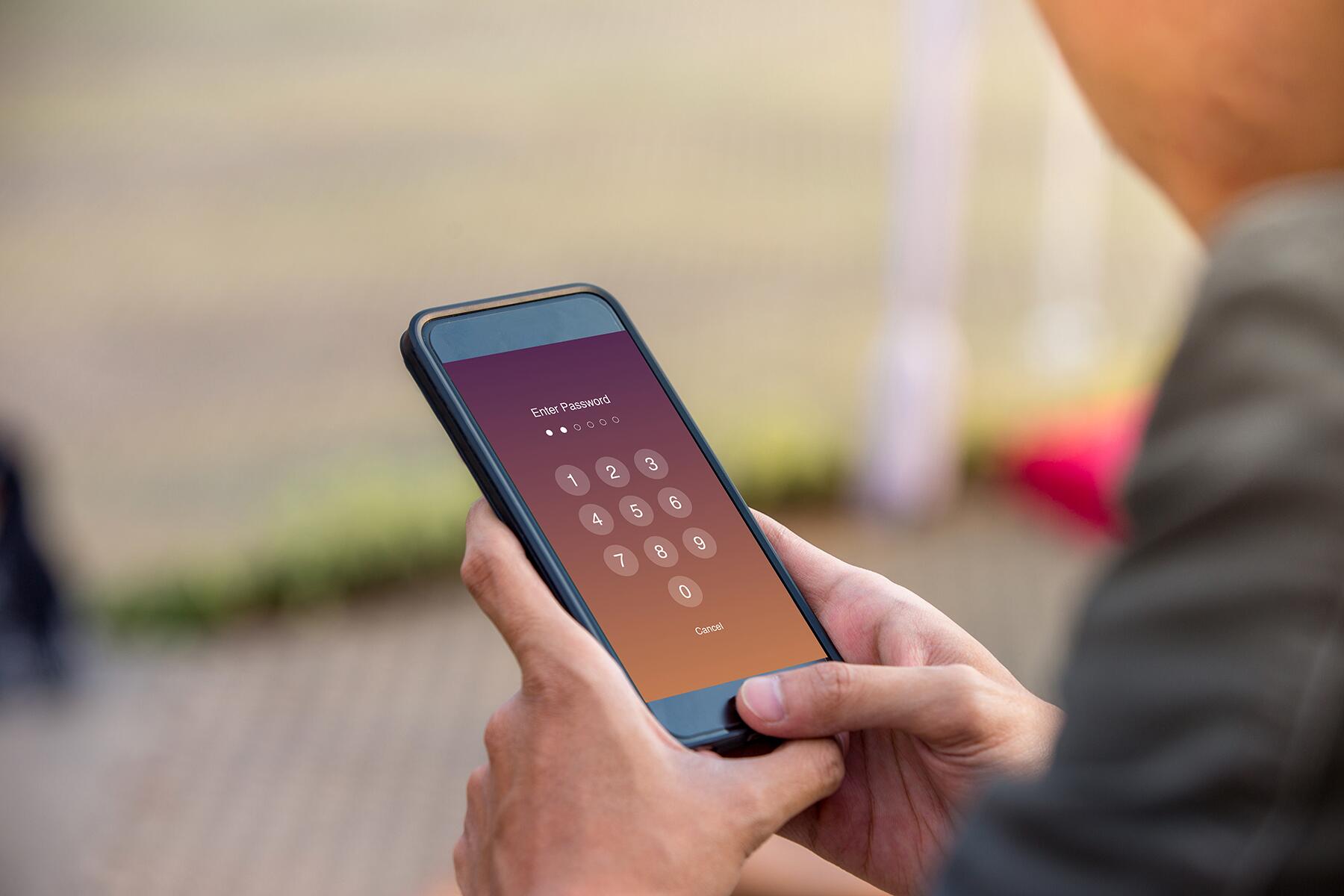This deal’s (not really) going, going, gone.
When you’re planning a vacation, do you book your hotel through a booking site like Booking.com? If you do, regulators want you to know that some of those sites, in fact, some of the most popular ones, may not be telling you the truth about the property you book.
What You See Isn’t Always What You Get
The reason that hotel booking sites are so popular is that they allow you to compare, contrast and evaluate a bunch of different hotels in an area to figure out what’s the best bang for your hotel buck. At least, that’s what they’re supposed to do. A new investigation by UK regulator Competition and Markets Authority (CMA) found that six popular hotel booking sites—Expedia, Booking.com, ebookers, Hotels.com, Agoda, and Trivago—weren’t being completely honest about the hotels available. In their words, they had “serious concerns” around “misleading” selling tactics.
Those tactics included encouraging you to nab a hotel by labeling it discounted for a limited time, even if the price wasn’t really a discount. Or, pressuring you to make an impulse buy by placing a view counter on the listing to show how many other people are currently watching the same deal (but those numbers are fabricated) or telling you that you’re looking at the only room left at this price (even though there are plenty more where it came from). Then, when you do jump on a deal, you might find that the price that made you click is much lower than the price on the next page that asks for your credit card information.
The Trouble With Booking.com
Of the six sites, the CMA found to be using fraudulent tactics, five of them have since cleaned up their act. The last holdout? Bookings.com. An investigation by the UK consumer group Which? revealed that, while Booking.com had made some changes to their site (including letting customers know when some hotels had purchased a high ranking) they still put pressure on customers by pretending that rooms were going fast when they really weren’t.
Recommended Fodor’s Video
In fact, over half of the “one room left on our site” claims that Which? investigated were incorrect. Says Which? Travel’s Naomi Leach, “We found clear evidence that Booking.com has not yet sufficiently cleaned up its act and is flouting the rules on pressure-selling, which could lead to millions of consumers being rushed into making a booking.” Booking.com responded by assuring everyone that the misleading information on their site will be fixed “quickly,” but the fix isn’t in yet.
How Can You Avoid Being Tricked By A Hotel Booking Site?
While the hotels the CMA investigated have cleaned up their acts (or have promised to do so), they’re not the only hotel booking sites that have found themselves in the headlines for misleading customers. Just last week, TripAdvisor wound up on our news page because it allowed fake reviews to make certain hotels seem better than they were.
Check out that article for tips on how to avoid fake reviews on hotel sites and read on for a few tips on how to avoid high-pressure sales tactics like the ones listed above:
Double-Check: Comparing a room’s price on different hotel review sites can help you spot a sale that isn’t.
Click Through: CNN discovered that Booking.com was fibbing about having “one room left on our site” just by clicking the listing to book it. There they often found that several rooms for that price were available and there was no need for customers to rush. While you’re there, double-check the price. It might be higher than the one that made you click in the first place.
Choose a Site You Can Trust: We’ve said it before, but some things bear repeating: if you’re looking for a trustworthy hotel review, it pays to skip third-party aggregators and opt for a site that makes travel it’s business. Like Fodor’s Travel.



